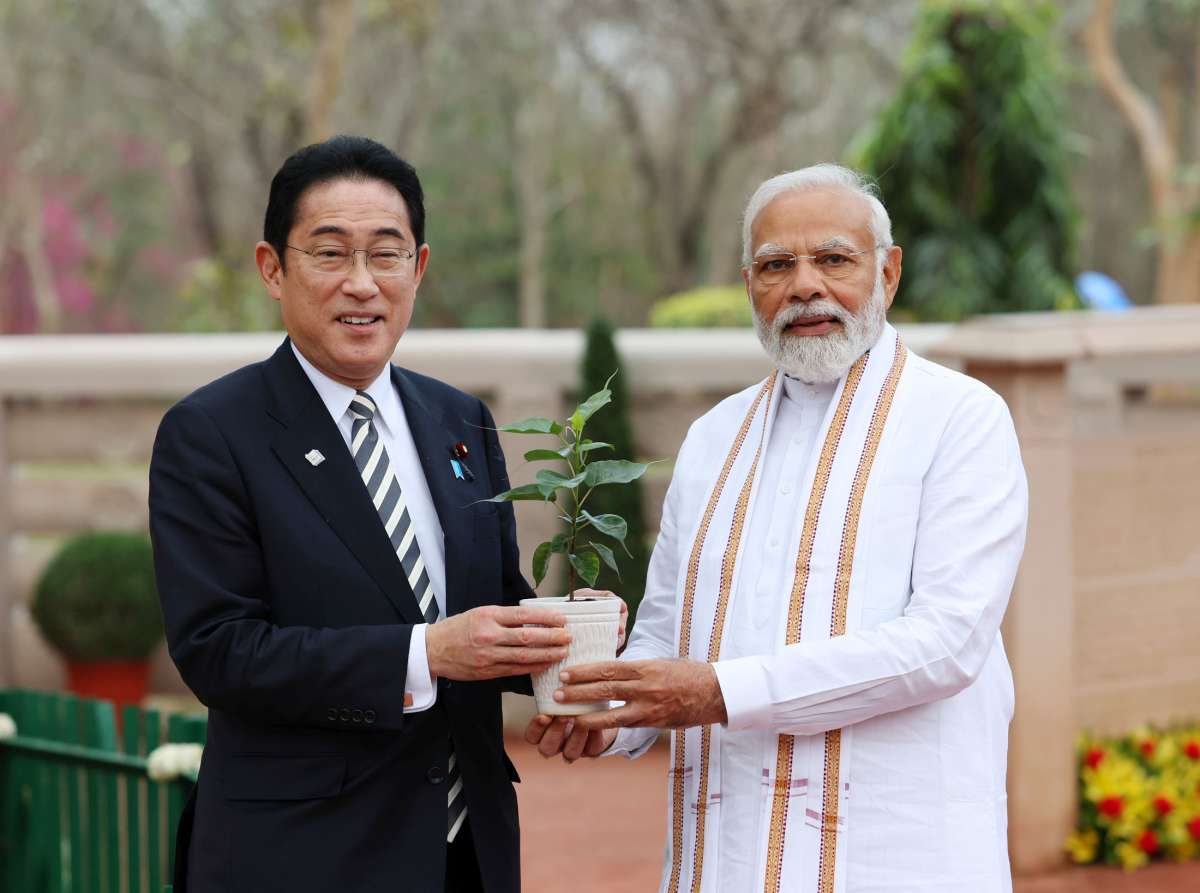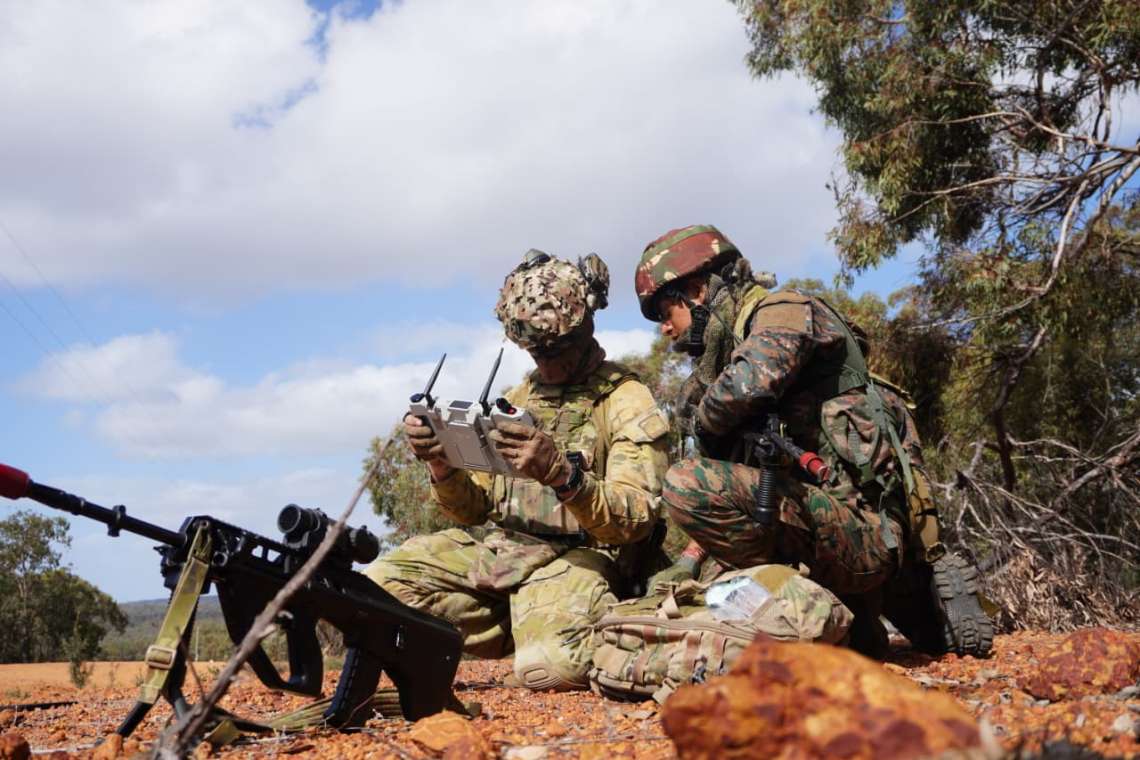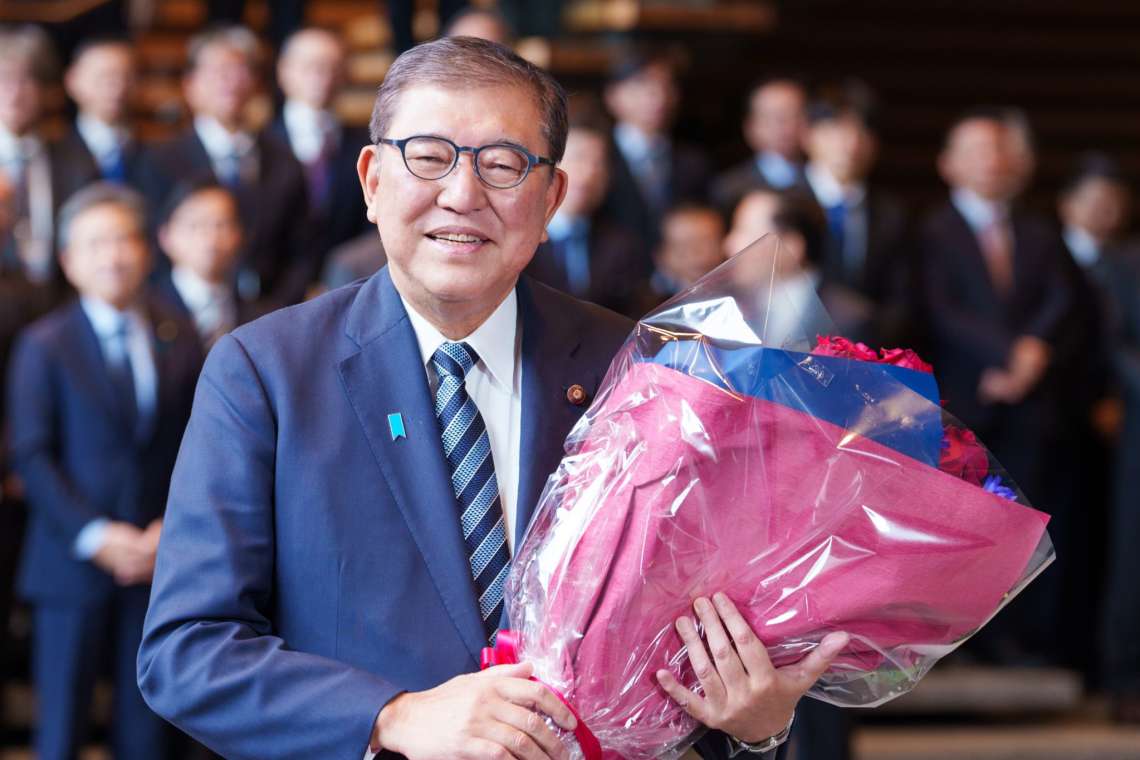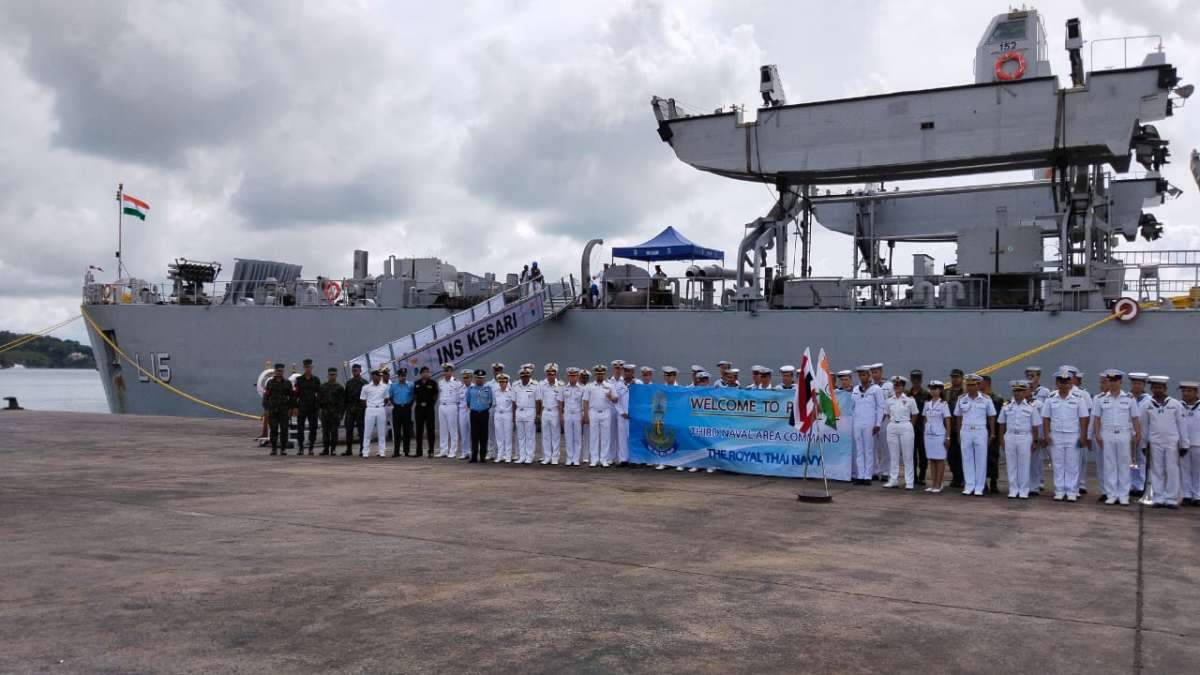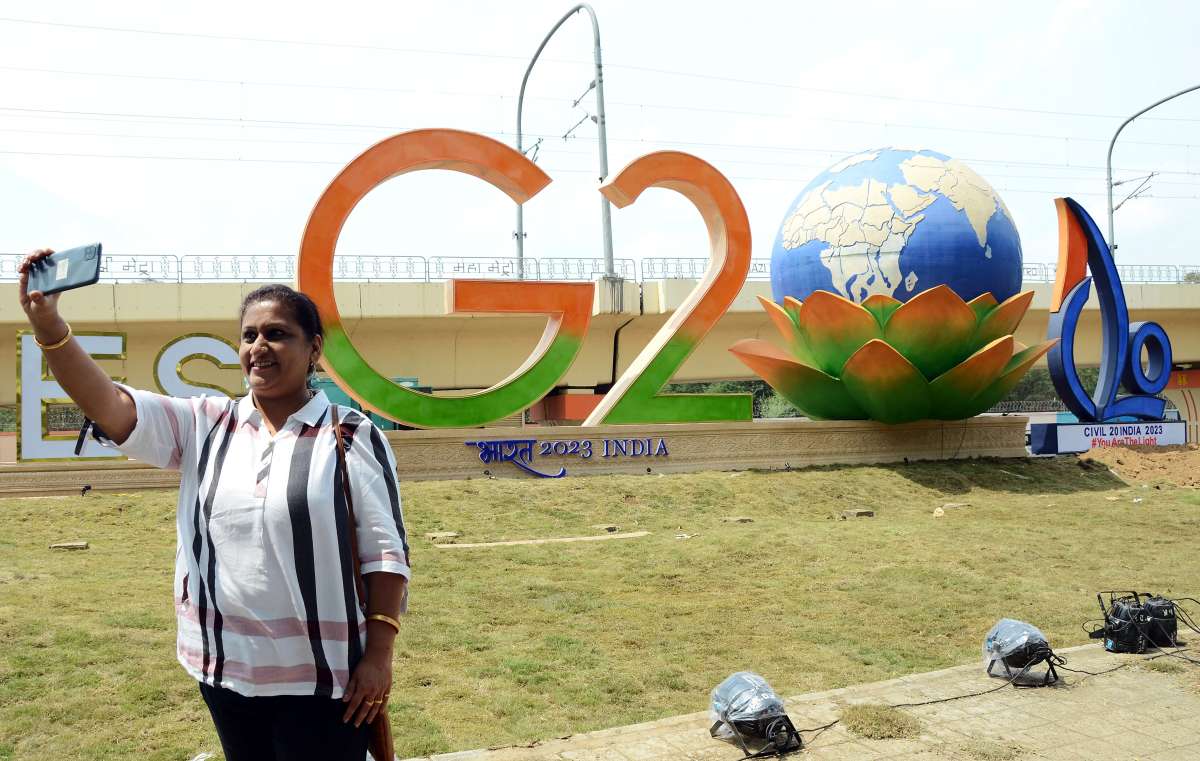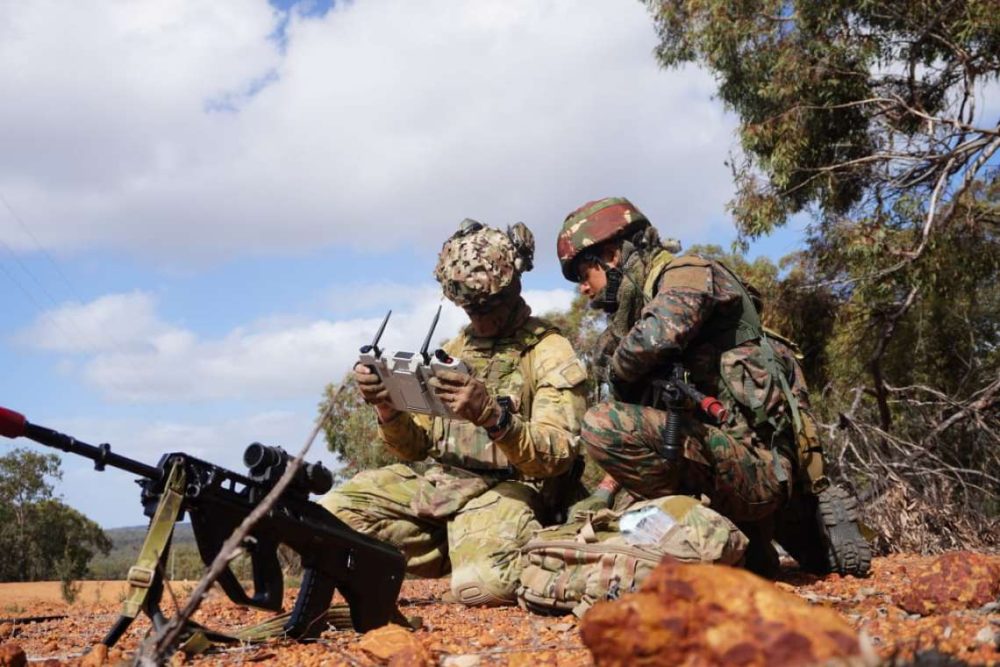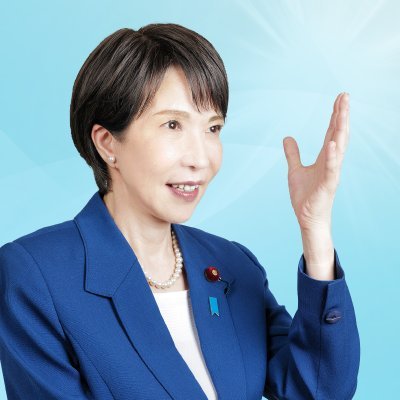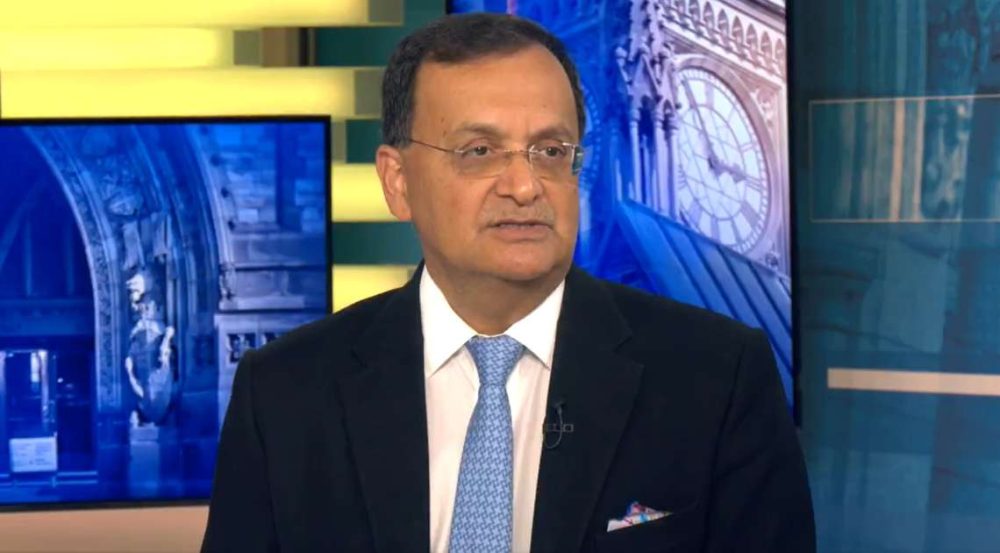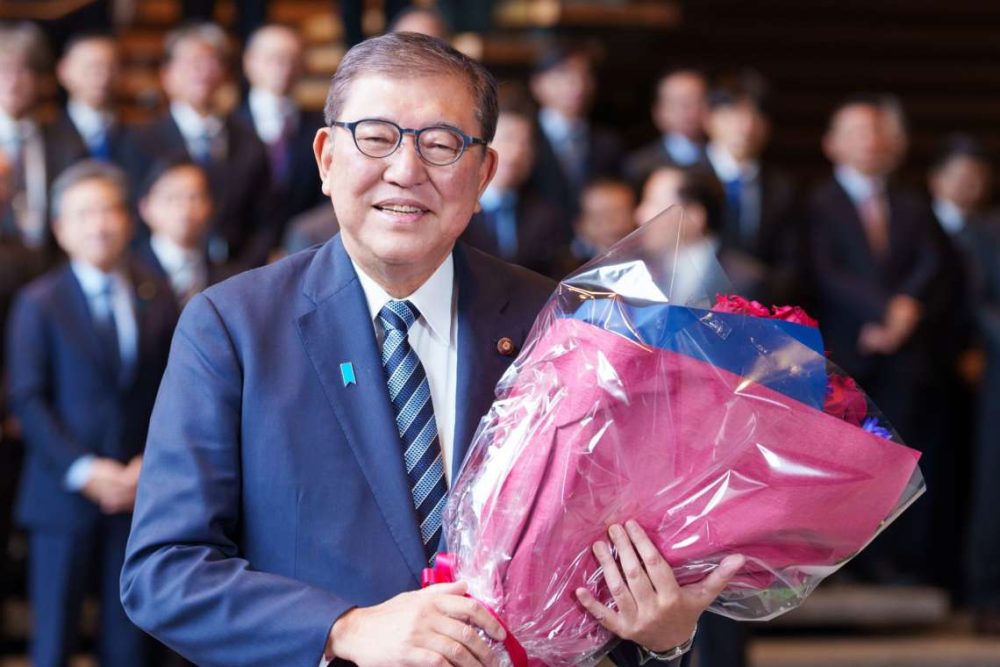The two leaders during a working lunch in Delhi on Monday confirmed that the two countries will coordinate closely bilaterally…reports Asian Lite News
PM Modi, and his Japanese counterpart Fumio Kishida have confirmed that India and Japan share the responsibility to maintain and strengthen the international order based on the rule of law. They concurred on the importance of clearly outlining this idea at the G7 and G20 meetings.
The two leaders during a working lunch in Delhi on Monday confirmed that the two countries will coordinate closely bilaterally as well as in G4 to achieve concrete results on the Security Council reform, according to an official release. With regard to Russia’s aggression against Ukraine, Kishida during the meeting explained that such unilateral change of the status quo by force in violation of international law must not be tolerated anywhere in the world, including in Asia.
The two leaders also exchanged views on various regional issues.
They confirmed that they do not tolerate any attempt to unilaterally change the status quo by force in the East and South China Seas.
The two leaders also exchanged views on the situation in North Korea and confirmed that they will continue to work together in dealing with North Korea, including on the abductions issue.
They exchanged views on Sri Lanka and concurred in working closely together, including on the country’s debt issue, according to the release.
Kishida on Monday announced over USD 75 billion worth of infrastructure and security assistance for the Indo-Pacific during his visit to India, Nikkei Asia reported.
The pledge by Kishida was made during his speech at an event organized by the Indian Council of World Affairs think tank, after a one-on-one summit with Modi, in which he invited the Indian leader to attend the Group of Seven summits in Hiroshima in May.
PM Modi immediately accepted, reported Nikkei Asia.
According to Nikkei Asia, the new development assistance, to be supplied by 2030 in conjunction with the private sector, came as Kishida outlined his own vision for a “free and open Indo-Pacific.” He credited his late predecessor Shinzo Abe with pushing the concept back in 2016.
Since then, Kishida said, the international community has seen major events that could be described as paradigm shifts, including the COVID pandemic and Russia’s invasion of Ukraine. This obliges “us to face the most fundamental challenge — defending peace,” the Japanese leader said. (ANI)


